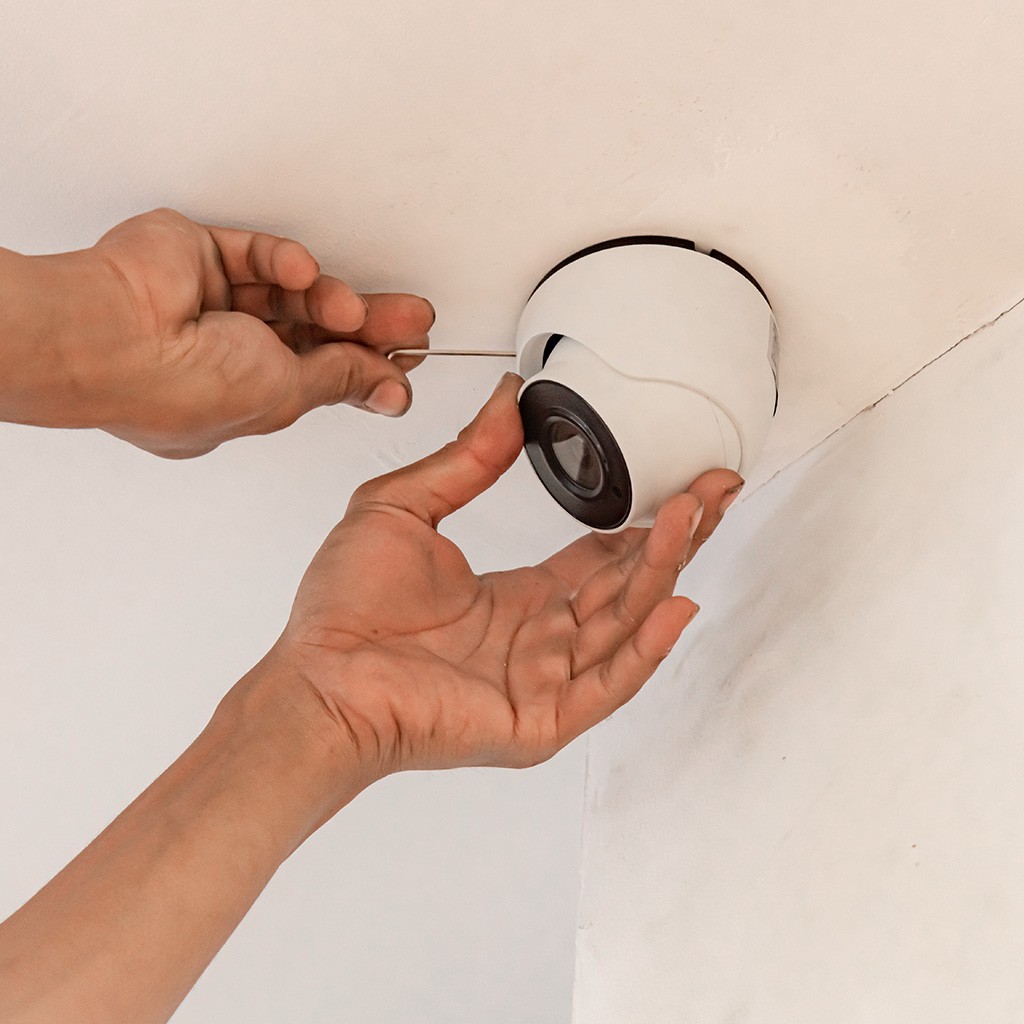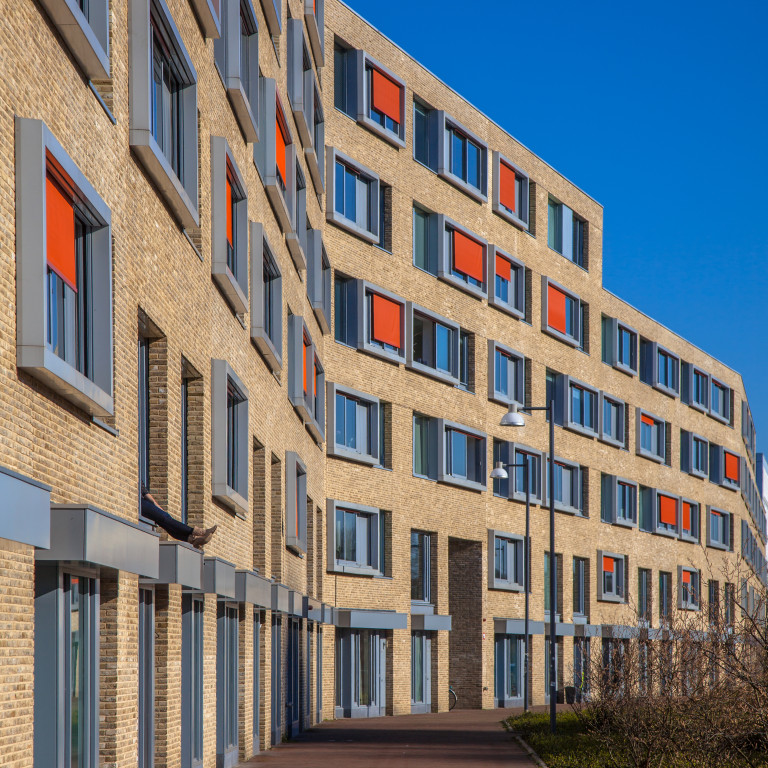The law around CCTV has become a lot less grey in recent times as the Courts tackle harassment via CCTV and inappropriate use of cameras.
What is the law on CCTV?
Personal CCTV must only cover your property, otherwise, it is subject to the General Data Protection Regulations as well as the general law around nuisance due to being overly intrusive. If it is causing a nuisance to others, it would potentially breach your tenancy agreements as well as engage Ground 14. Also, it is potentially “conduct capable of causing a nuisance and annoyance” for the purposes of obtaining an Anti Social Behaviour Injunction.
What should landlords do if their tenant breaches CCTV law?
If the tenant’s cameras are not directed at their property, for example covering an entire communal space, these will be subject to the laws about such cameras. You will want to explain to your tenant in the letter that, unless they adjust their cameras so that they only see their flat/window/door, they will have to follow the law. This means, for your tenant, that;
- They will need to erect appropriate signage explaining that CCTV is being used – and they will need this for each placement of the cameras to be safe.
- They will need to make sure that their camera is not recording sound – they cannot record people’s personal conversations in communal or public areas.
- They will have to be able to justify why their camera covers the area it does – in this case, this is presumably because they fear targeted anti-social behaviour against them (simply not liking the way the communal area is used will not be a legitimate reason if they were to argue this).
- They must then be able to explain why having the cameras pointed at communal areas, specifically, and not just their property is necessary for their legitimate aim – which means they have to be able to show that the invasion of other people’s privacy is a proportionate response to the problem.
- They will also have to show that they are storing any recorded images/video footage securely and periodically deleting the footage – since this includes images of children this is especially sensitive and raises safeguarding concerns – their security would have to be doubly tight.
In all, it’s an arduous process for a person without much of a leg to stand on. Short of being in genuine physical danger from people approaching from their back door, it would be difficult for the tenant to prove that their cameras are a proportionate measure.
In short, you will need to tell your tenant that if they have cameras, they can legally only cover their property and should probably still have a sign.
Because CCTV nuisance is treated as a real nuisance by the courts, it might be good to remind your tenant that you will take legal action if necessary – they will be in breach of their tenancy by causing a nuisance to others.
Find out more
Our Affordable Housing team have over 25 years’ experience in this sector, forming close working relationships with their housing clients. To find out more about the areas they advise on and their bespoke services please visit their hub page or contact a member of the team.






